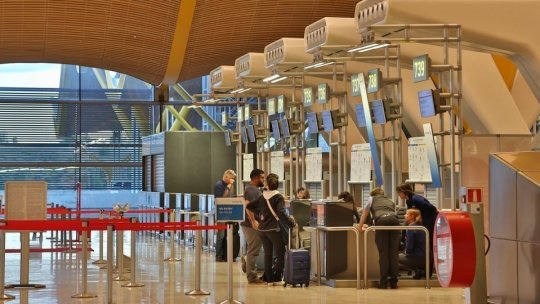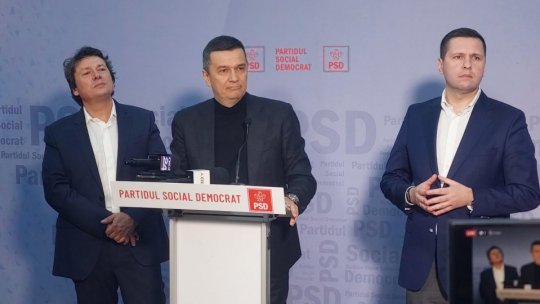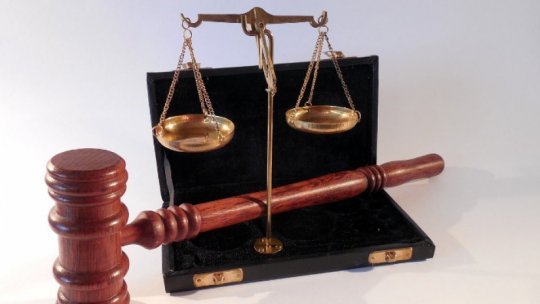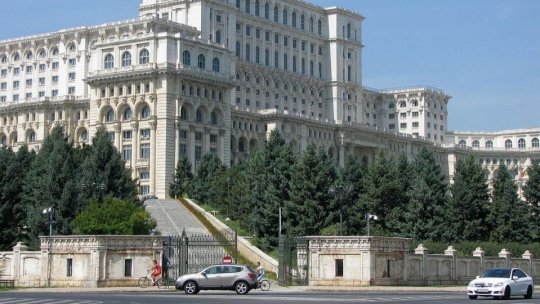Government wants to modify the tax imposed to pharmacies
Medicines producers argue that in its present form, fee, called a clawback, covers the financial deficit existing in the system and does not control the medicines consumption.
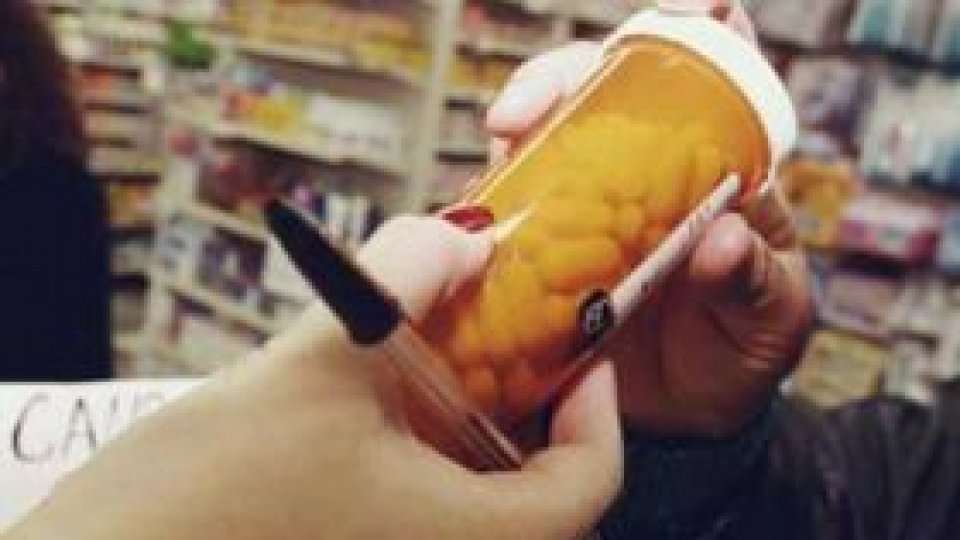
Articol de Adriana Turea, 31 Mai 2012, 10:03
The Government is considering whether to change the clawback fee – a fee between 5 and 11 per cent of the revenue from the drugs sale of medicinal products, after their producers have warned that no longer supports the financial deficit that exists in the health system.
At the Monday meeting between Prime Minister Victor Ponta, Ministers of Health and Finance and President of the National Health Insurance Fund, it was decided to establish a working group to finalize, no later than June 15 an analysis of impact on the basis of which they will take the following decisions.
The Health Minister Vasile Cepoi, drew attention to the serious social and economic consequences which might arise if some companies producing medicines withdrew.
Another warning came from the American Chamber of Commerce in Romania, which says that the high level of contribution and is unsustainable and unreasonable from the economic point of view for the medicines producers.
The clawback is a financial mechanism which requires producers to reimburse a part of their revenues to State if sales exceed a reference value set by the law.
Theoretically, the clawback mechanism is to minimise deviations from expected budget and ensure that taxpayers maintain real expenditure with the planned ones.
In practice, the manufacturers of the drugs argue that in its present form, this fee shall cover the financial deficit existing in the system and does not control the consumption of drugs.
"So far, we have managed and made extraordinary efforts to ensure that medicines be on the market, we supported huge payment terms, we have over 1.3 billion drugs consumed by patients and not paid , I paid some extra large clawbacks, we've got a responsibility to do everything we can to ensure that medicines should remain on the market. Our only and most important message is that here is the responsibility because we can no longer carry on.
"From now on it is the State’s responsibility. The main problem is that relating to the financing, but the solution is not the one that was found. This clawback is unique in Europe. Nowhere in the world does not expect from a private producer to cover all the deficiencies of the system and financing. So far we could go. Now we cannot go on in this way, "said the group communication coordinator of the Romanian Association of International Medicines Producers , Sorin Popescu.
Drug manufacturers say that the current clawback tax is applied to the shelf price of the medicine, the price in pharmacy and not the price leaving the factory.
They also said yesterday that they would have to take into account the withdrawal activity and reducing the number of employees if the authorities are not going to respond to their requests to change the way it is calculated the amounts that are required to pay .
The decision on clawback tax will be taken after an impact assessment which will be made up on June 15 by representatives of the Ministries of Finance, Health, Justice, National Health Insurance Fund and drug industry.
Cepoi Vasile, Minister of Health, stated that simulations will be showing that highlight how the budget structure will be influenced if the clawback tax will change.
Translated by
Denisse-Meda Bucura
MTTLC, Bucharest University



